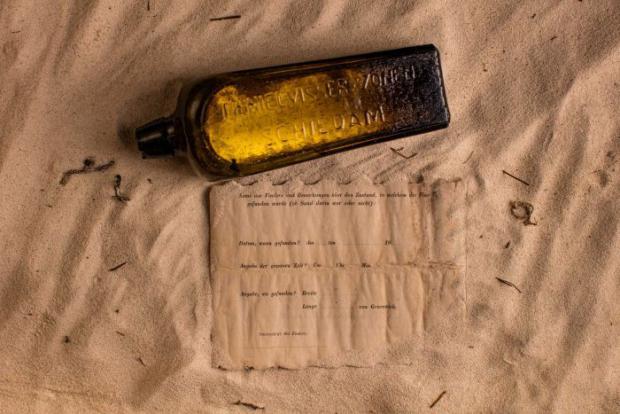
Breaking News
 Is Yen Carry Trade's unwind about to trigger a repo market meltdown? Let's dive into the mec
Is Yen Carry Trade's unwind about to trigger a repo market meltdown? Let's dive into the mec
 Chairman Rand Paul Releases New Report Revealing Hundreds of Billions...
Chairman Rand Paul Releases New Report Revealing Hundreds of Billions...
 Get Schiffty Music Video | Rick and Morty | Adult Swim
Get Schiffty Music Video | Rick and Morty | Adult Swim
Top Tech News
 This tiny dev board is packed with features for ambitious makers
This tiny dev board is packed with features for ambitious makers
 Scientists Discover Gel to Regrow Tooth Enamel
Scientists Discover Gel to Regrow Tooth Enamel
 Vitamin C and Dandelion Root Killing Cancer Cells -- as Former CDC Director Calls for COVID-19...
Vitamin C and Dandelion Root Killing Cancer Cells -- as Former CDC Director Calls for COVID-19...
 Galactic Brain: US firm plans space-based data centers, power grid to challenge China
Galactic Brain: US firm plans space-based data centers, power grid to challenge China
 A microbial cleanup for glyphosate just earned a patent. Here's why that matters
A microbial cleanup for glyphosate just earned a patent. Here's why that matters
 Japan Breaks Internet Speed Record with 5 Million Times Faster Data Transfer
Japan Breaks Internet Speed Record with 5 Million Times Faster Data Transfer
 Advanced Propulsion Resources Part 1 of 2
Advanced Propulsion Resources Part 1 of 2
 PulsarFusion a forward-thinking UK aerospace company, is pushing the boundaries of space travel...
PulsarFusion a forward-thinking UK aerospace company, is pushing the boundaries of space travel...
 Dinky little laser box throws big-screen entertainment from inches away
Dinky little laser box throws big-screen entertainment from inches away
 'World's first' sodium-ion flashlight shines bright even at -40 ºF
'World's first' sodium-ion flashlight shines bright even at -40 ºF
Oldest-known message in a bottle found on WA beach 132 years after being tossed overboard

Tonya Illman was walking across sand dunes just north of Wedge Island, 180 kilometres north of Perth, when she noticed something sticking out of the sand.
"It just looked like a lovely old bottle, so I picked it up thinking it might look good in my bookcase," she said.
But Mrs Illman realised she had likely uncovered something far more special when out fell a damp, rolled up piece of paper tied with string.
"My son's girlfriend was the one who discovered the note when she went to tip the sand out," she said.
"We took it home and dried it out, and when we opened it we saw it was a printed form, in German, with very faint German handwriting on it."
The message was dated June 12, 1886, and said it had been thrown overboard from the German sailing barque Paula, 950km from the WA coast.
After conducting some of their own research online, the Illman family were convinced they had either made an historically significant discovery or fallen victims to an elaborate hoax.



